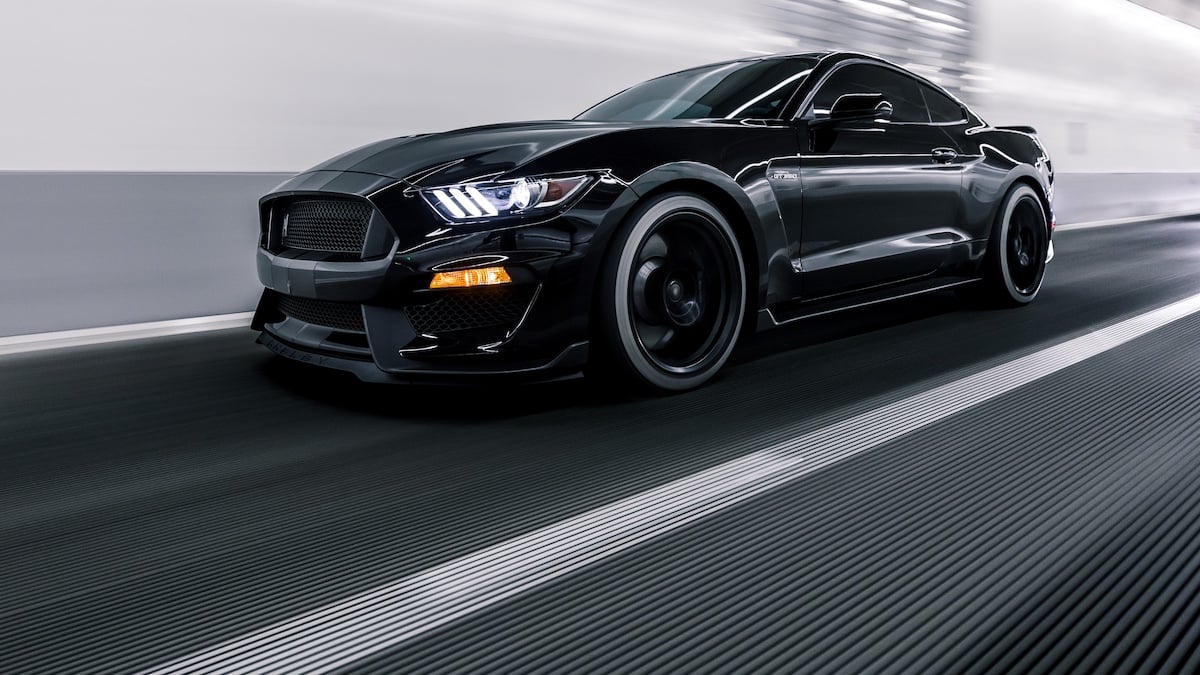
What began as an exciting used-car purchase for one California driver quickly turned into a possible dispute over financing, disclosure, and dealer honesty.
In a Reddit post, the buyer said he purchased a 2011 Ford Mustang GT from a used-car dealership in Corona, California, on October 29, 2025. He signed all of the paperwork, put down a $5,200 deposit, and arranged financing through Westlake Financial before driving the car home.
According to his account, the salesperson assured him that the Mustang was mechanically sound. The dealership also described the vehicle as having “never seen an accident.”
The truth comes out
But, as the post explains, after he brought the car home and took a closer look beneath a vinyl wrap, he found visible Bondo, mismatched body panels, and signs of structural repair, suggesting that the car had suffered damage in the past. None of this appeared on the CARFAX report, which listed no prior collisions.
Adding to the issues, the buyer discovered nearly bald tires. He later noticed a document in his contract titled “Vehicle Structural Damage Disclosure,” which the dealer had shown him briefly during signing but never fully explained.
To complicate matters, the loan had not yet been funded. Westlake Financial reportedly told him that the financing was still in a “Verifying Loan Info” status.
Is there still time to cancel the deal?
Alarmed, the buyer emailed both the lender and the dealership to formally rescind the contract, citing misrepresentation and undisclosed structural damage. He also requested the return of his down payment and cancellation of the extended warranty that had been bundled with the purchase.
But responses on Reddit were divided. One commenter noted that because the car was sold “as-is,” the buyer’s position is weak. “You did the inspection after the fact, so it’s almost useless,” the commenter wrote. “It doesn’t matter what the salesperson said; it matters what you signed.”
Under California’s Car Buyer’s Bill of Rights, consumers do not have a general cooling-off period once a used-car contract is signed. Unless a buyer purchases a specific two-day cancellation option, which applies only to vehicles under $40,000, there is no automatic right to return a car after taking delivery.
Some legal recourse remains
However, if a dealership knowingly misrepresents a vehicle’s condition, the buyer may have recourse under the state’s Consumer Legal Remedies Act or through a fraud or misrepresentation claim. California law explicitly prohibits dealers from lying about accident or structural damage, though proving intent can be challenging without clear documentation or expert inspection.
Crucially, the situation remains in a grey area due to the Conditional Delivery Clause (also known as “Spot Delivery”), a standard U.S. contract provision that dictates the sale is non-final until the financing company officially funds the loan. If the loan fails, the contract is voided, requiring the buyer to return the vehicle and the dealer to refund the down payment.
If the buyer can prove that the dealer falsely claimed the car was damage-free, he may be able to rescind the contract and recover his deposit. But if the disclosure he signed included structural damage — even if he overlooked it — the dealership could argue that it met its legal obligation.
Ultimately, it’s a familiar lesson for used-car shoppers. Vehicle history reports can miss serious repairs, and dealership assurances are not a substitute for due diligence. A professional pre-purchase inspection remains the best protection against costly surprises hiding beneath a glossy paint job, or in this case, a wrap.







